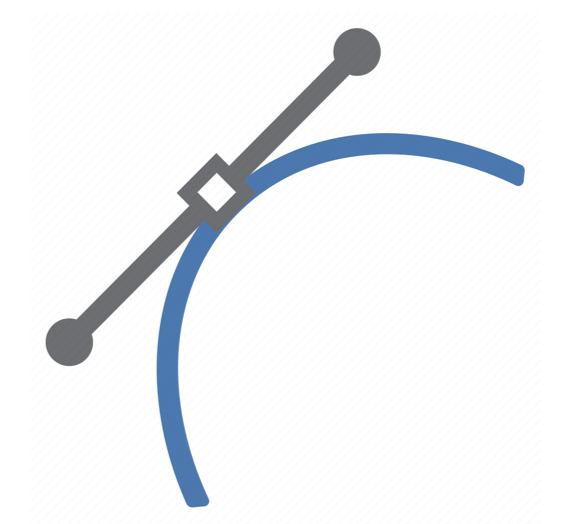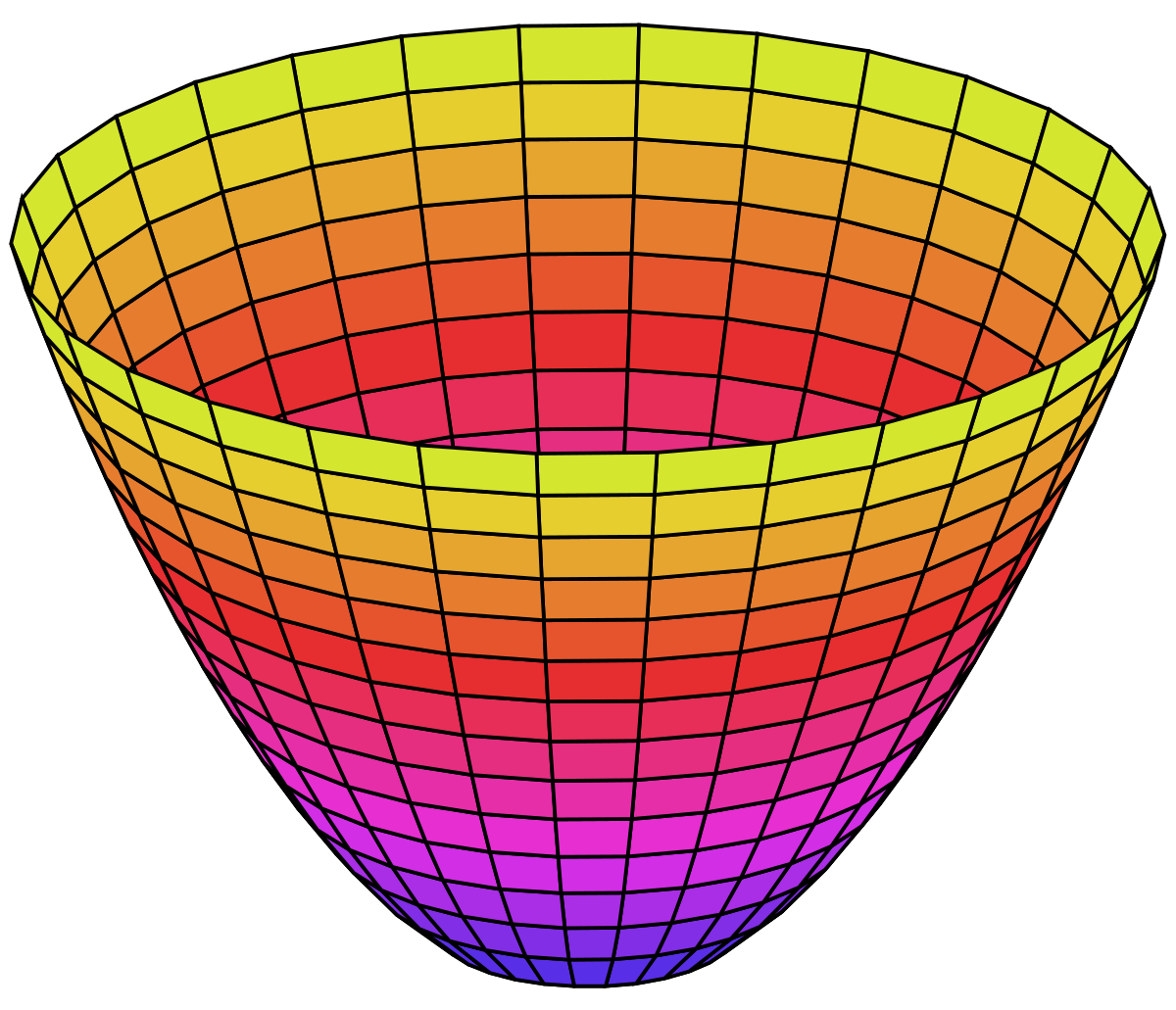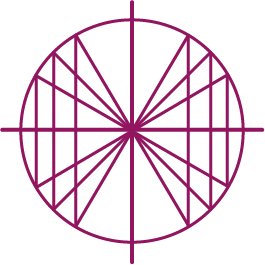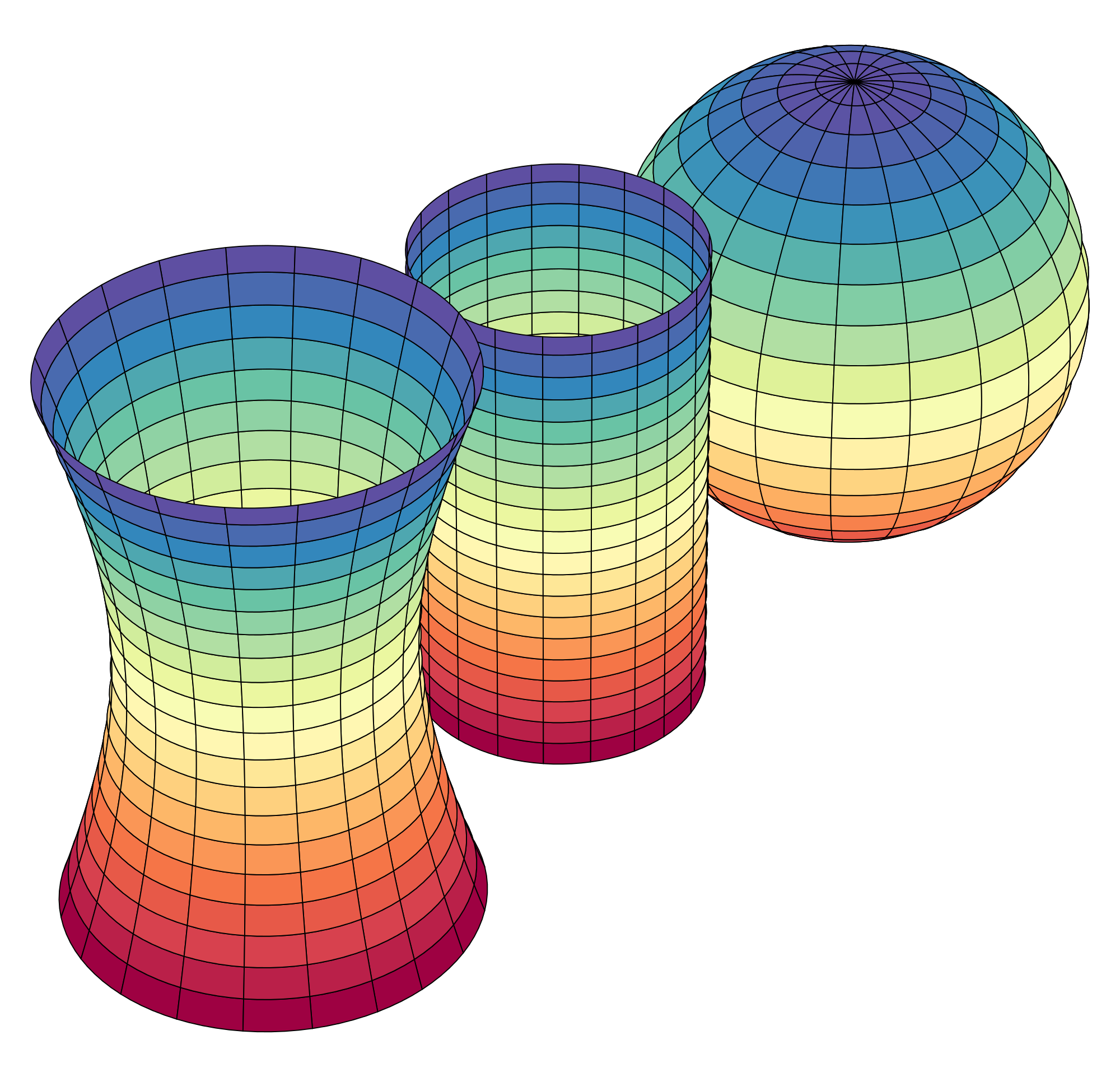How Quickly Can I Finish The Course?
Each of the Distance Calculus courses are designed to be semester-length courses, based upon the "Carnegie Unit" model of :
| 4 Credits | 4 Classroom Hours | + 8 Homework Hours | = 12 Workload Hours Total Per Week |
The common "Carnegie Semester" is 14 weeks.
This course design is targeting an "average student".
 In actuality, the amount of time each student needs to spend on this course
material varies greatly from student to student. Some students, who can learn
the topics of calculus very quickly, may only need 3-4 hours per week to accomplish
the pace shown above. Other students, who may have a weaker background in mathematics,
or a student who simply likes to go at a slower pace, may need or want to spend more
than the planned 9-12 workload hours per week.
In actuality, the amount of time each student needs to spend on this course
material varies greatly from student to student. Some students, who can learn
the topics of calculus very quickly, may only need 3-4 hours per week to accomplish
the pace shown above. Other students, who may have a weaker background in mathematics,
or a student who simply likes to go at a slower pace, may need or want to spend more
than the planned 9-12 workload hours per week.
In a traditional lecture-based course, you keep up to the pace set by the instructor, or you fall behind and usually drop the course (or receive a poor grade). Often, the pace set by the instructor is too slow for many students, which makes the course boring for these quicker students.
In Distance Calculus, you can go at whatever pace you want, with the approval of the instructional team.
As Distance Calculus is taught in the Mastery Learning model, one requirement of progressing through the course materials is mastery of the materials. You must complete one module at 100% understanding before moving to the next module; each Distance Calculus course contains approximately 8-15 modules.
The pace you take through your Distance Calculus course is really up to you: you may go as fast as you like, so long as you maintain the 100% understanding goal as you progress through the course.
Alternatively, you may go as slow as you like, taking twice or thrice as long as an "average student". A slower pace may be less stress for you, and more enjoyable.
The only restriction on how slow you set your pace is the 12 Month Rule: you must finish your Distance Calculus course by 12 months from the Date of Enrollment in the course. This is a good rule, because taking too long in a course is not beneficial.
I Need To Get This Course Done By This Date!
Many Distance Calculus students are under very strict deadlines to finish their course by a certain date. Often, deadlines are good motivators and help students focus.
 If a Distance Calculus student has such a deadline, we are happy to help
the student meet that deadline by putting the student "on the fast track,"
making sure the student homeworks get returned in "double-time" to aid the
student's goal.
If a Distance Calculus student has such a deadline, we are happy to help
the student meet that deadline by putting the student "on the fast track,"
making sure the student homeworks get returned in "double-time" to aid the
student's goal.
Being "on the fast track" does have a requirement: that the student is staying on the 100% understanding level. Turning in assignments quickly and in volume is fine, so long as the work is at "A" levels.
Often, the instructional team will need to slow down a student who is under a deadline because the student's work is not "A" levels, and the student is trying to "rush through" the materials in effort to "just get done".
In Distance Calculus, this is not how the course works. The #1 goal is Mastery Learning, which means having a 100% understanding level of the materials as you progress through the course. If a student is trying to progress through the course too fast for this goal to be met, then the instructional staff will "put on the brakes" and require the student to slow down.
This can be frustrating to the student under a serious deadline. We are sorry for the frustration, but there is no way around the mastery learning edict. Distance Calculus is based upon it.
In most cases, students who find themselves behind the clock, who try to go "on the fast track", but then get "the brakes" to slow down, usually rise to the occassion and couple speed with understanding and learning the material to find an optimal pace for them.
So the basic answer to this question, "Can I finish by this date?" is: "Yes, you can finish by this date, but it is up to you how fast and successfully you can progress through the materials. You may progress as fast as you like, provided your understanding level is at 100% as you proceed."
 Freshman Math Courses
Freshman Math Courses
- Applied Calculus for Business [3 credits] [3CR]
- Applied Calculus for Life Science [3 credits] [3CR]
- Calculus I[4 credits] [4CR]
- Calculus II[4 credits] [4CR]
 Sophomore Math Courses
Sophomore Math Courses
- Multivariable Calculus III [4 credits] [4CR]
- Differential Equations [3 credits] [3CR]
- Linear Algebra [4 credits] [4CR]
- Probability Theory [3 credits] [3CR]
 Honors Math Courses
Honors Math Courses
- Honors Calculus I [5 credits] [5CR]
- Honors Calculus II [5 credits] [5CR]
- Honors Calculus I+II for Data Science [5 credits] [5CR]
- Honors Multivariable Calculus [5 credits] [5CR]
- Honors Differential Equations [4 credits] [4CR]
- Honors Linear Algebra [5 credits] [5CR]
- Honors Linear Algebra for Data Science [5 credits] [5CR]
 Lower Division Math Courses
Lower Division Math Courses
- Precalculus with Trigonometry [4 credits] [4CR]
- Introductory Statistics [4 credits] [4CR]
- Finite Mathematics [3 credits] [3CR]
- Discrete Mathematics [4 credits] [4CR]
 Upper Division Math Courses
Upper Division Math Courses
- Computational Abstract Algebra [4 credits] [4CR]
- Computational Differential Geometry [4 credits] [4CR]

